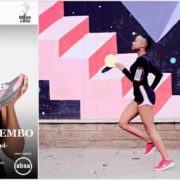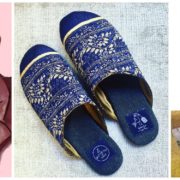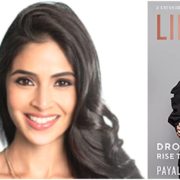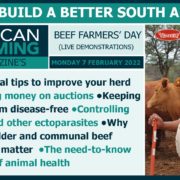The Great Return…Back to the Office — Lionesses of Africa

by Alice da Silva
I share my thoughts on how to prepare for the return to the office, with the aim of minimal disruption – emotionally or to productivity. The preferred objective is for the change to be as seamless as possible, so that one’s energy can rather be spent on being positive to embrace the new challenge, instead of ruminating on the negatives, and focusing on resistance to leaving the home office.
While we use the word ‘return’ because we have worked from the office previously, we cannot expect to be the same people we were before – because we are not. A lot has happened in two years of lockdowns and restrictions. Our return this time will not be like it was previously when we returned from annual leave. And so that is why I am thinking about easing into a new routine and lifestyle gradually to avoid the experience being a sudden shock.
-
Start doing less of the comfort things you can do now because you are at home, and start doing things more like you will when you go into the office.
-
Think about what you will do for lunch and snacks and start shopping accordingly to get into the habit and have more success in maintaining your plan. This is a good time to focus on healthier options.
-
Get used to wearing office-fit clothing again, and jewellery and makeup if that is what you will do when you go to the office. It’s not necessary to do it for a full day immediately – just because we are avoiding a sudden shock when we go back to the office, does not mean we should have the sudden shock now while working from home.
-
Do a wardrobe audit. Maybe lockdown has restricted the fit of your clothes. Take out what doesn’t fit and either sell it or give it away. And get yourself new clothes. It doesn’t have to be a lot, just enough to mix and match. But make sure that when you open your closet, anything you see and take out to wear will fit you well today and be comfortable. You don’t need to start the day with negative energy feeling like a failure before you’ve even left home or logged on.
-
How about your fitness routine? Did you start a new one during lockdown? Did you keep up your existing activities or did you change venues and times because you were more flexible? Consider how you will adapt this to being back at the office. Perhaps you can join or re-join the sports club or gym near work so that you can go after work on your way home. Don’t let the change become an excuse to drop your active lifestyle or to not start one. This is also a good time to incorporate new goals into the new routine.
-
Even home chores need planning. Perhaps you were hanging up your laundry in the morning and taking it off the line before the storm came – now you can decide if you are going to leave it out there all day, or will you do it in the evening and hang it inside on a clothes horse?
-
If you are anxious about being back, pack some comfort items like sanitiser, wet wipes, extra masks and anything that will make you feel safe.
-
Consider the time spent with family and how to ensure you maintain the quality time you may have enjoyed while working from home and having lunch together, for example. Think of different ways to build quality times together in your new routines. Be excited about doing things differently, and be creative.
-
Your pets may have benefitted from the extra time spent with you at home. Plan ways to maintain activities together that you both enjoy. Fit this into your new routine – perhaps a morning walk with your dog will be just what you need to start the day with a clear mind, and the comfort of knowing your dog will be fine at home till you return, having already enjoyed the highlight of his day with you. Or an evening walk can be a good way to de-stress after the traffic on the way home and to loosen the muscles after having sat at your desk indoors all day.
Embrace this change with enthusiasm to start a new version of your working experience. Look forward to the things you may not have missed or that you took for granted while you were at the office, and think of how you will appreciate them and allow yourself to see the wonder of a new routine. Look forward to seeing your colleagues again in person. It can be refreshing to be on the threshold of a new way of life, take the opportunity to include healthy habits that will add value to your health, professionalism and sense of worth and self-respect.
The most important aim of preparing for this life change is to make it a new experience to be excited about, rather than a trauma to endure.
I hope that sharing my thoughts is helpful – and good luck!
















